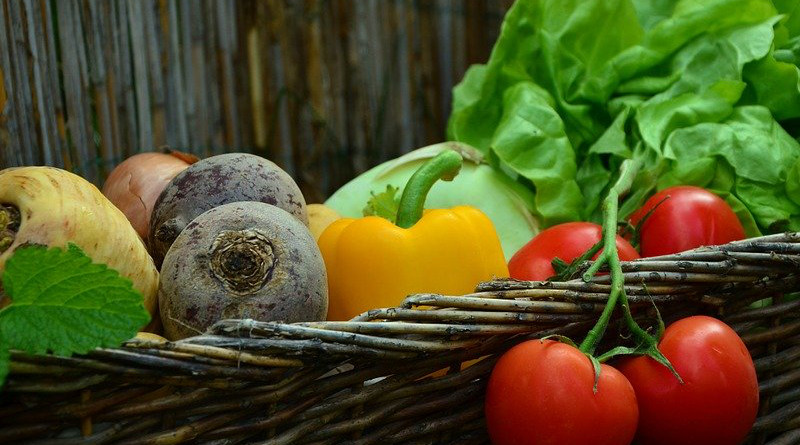Inside the High-Tech Farms of Tomorrow: How Controlled Agriculture Is Revolutionizing Food Production

As our planet faces unprecedented environmental challenges, the intersection of climate change and diminishing arable land threatens global food security. Rising temperatures, extreme weather patterns, and soil degradation are dramatically reducing crop yields, creating a critical challenge for feeding the world's rapidly expanding population.
The impact is profound: agricultural landscapes are transforming, with traditional farming regions becoming less productive and unpredictable. Farmers worldwide are experiencing unprecedented difficulties in maintaining consistent crop production, forcing innovative approaches to sustainable agriculture.
Emerging solutions are crucial in addressing this complex issue. Advanced agricultural technologies, such as vertical farming, precision agriculture, and drought-resistant crop varieties, offer promising strategies to mitigate the impending food production crisis. These innovative approaches aim to maximize food output while minimizing environmental impact, providing hope for a more resilient and sustainable global food system.
Collaborative efforts between scientists, policymakers, and agricultural experts are essential in developing comprehensive strategies that can adapt to our changing environmental landscape. By investing in sustainable agricultural practices and cutting-edge technologies, we can work towards ensuring food security for future generations.
